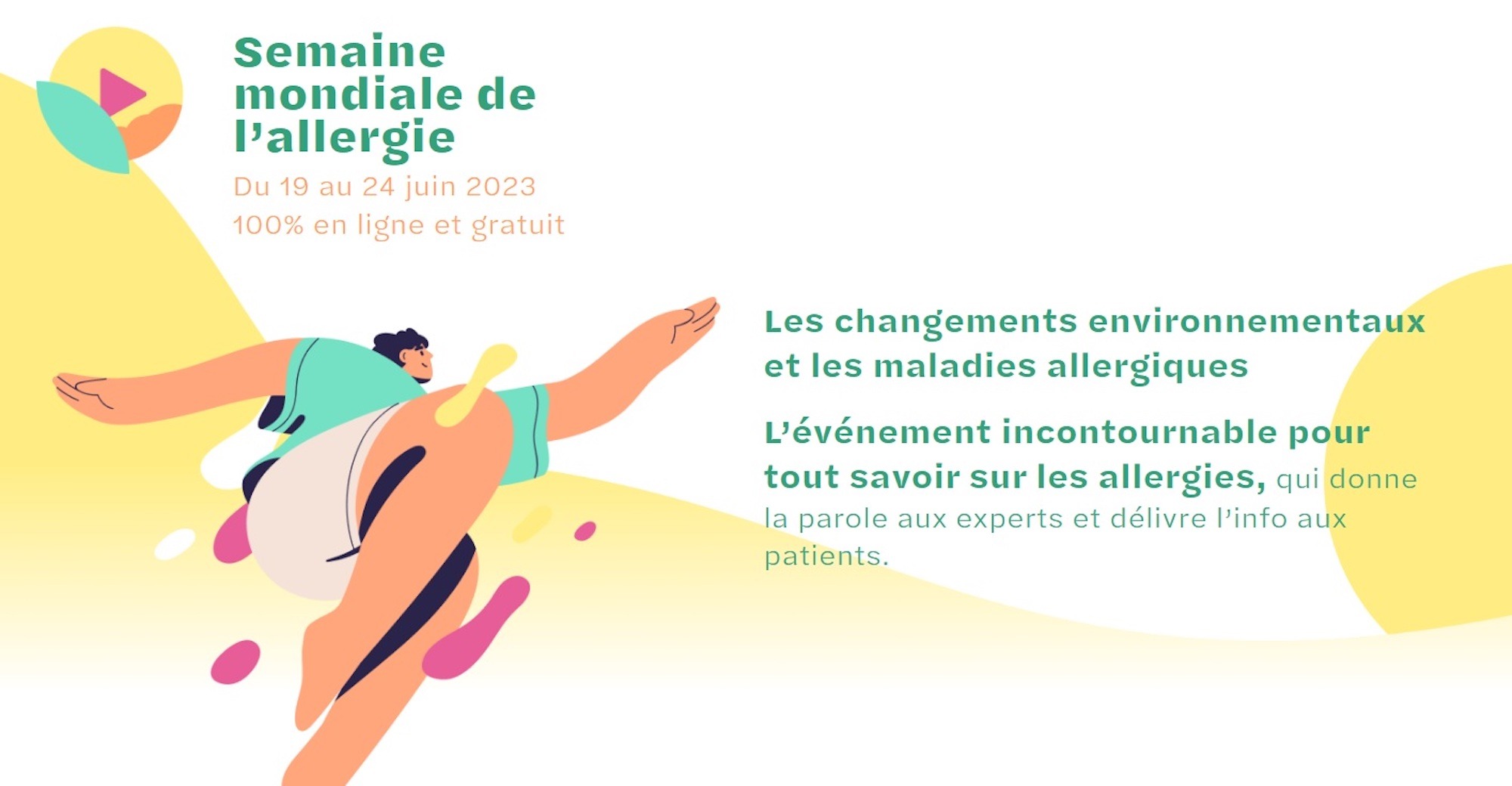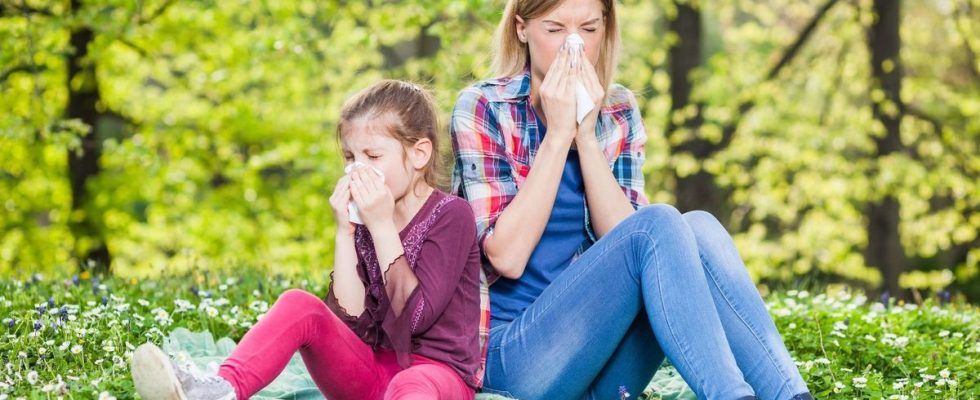Published on
Updated
Reading 2 mins.
World Allergy Week is June 19-24. The theme of this edition focuses on the impact of our way of life and environmental and climatic changes on allergic diseases.
World Allergy Week France is organized by SYFAL, the French Syndicate of Allergists. For 6 days, 21 experts will address topics related to allergies and the impact of the environment on our health. The 100% online and free event propose :
- Informative webinars led by experts;
- Educational videos and podcasts on the different forms of allergies and allergy professions;
- Practical tools to better understand and manage allergic diseases;
- Resources to learn more about allergens and treatments.
Interventions can be followed live or viewed in replay on www.semaine-allergie.fr
More and more people with allergies in France
Allergic patients may suffer from food, skin or drug allergies. The number of people concerned in France should continue to increase in the years to come. By 2050, 50% of the population will be allergic in Franceaccording to the World Health Organization (WHO), compared to 30% today.

Allergy is today the 4th chronic pathology in the world. Respiratory allergy is the most common chronic disease in children. As for food allergies, they are also on the increase among children and now concern 5% of them. Chronic inflammatory diseases, such as atopic dermatitis, affect 2 million French people. Finally, the prevalence of asthma is increasing. Fifteen years ago, 2% of the population was asthmatic, compared to 7% today.
Our hygienist obsession and global warming called into question
For SYFAL, these increases are linked to our way of life (pollution, regional planning policies, consumption of processed foods, too much hygiene, etc.) but also to environmental and climatic changes. Our way of life is marked by a growing concern for hygiene, which is not without consequence on our immune system. “From birth, we are hyperprotected and this does not promote the development of our immune system. This system must learn to react, to shape itself according to encounters with microbes, parasites or allergens. However, in our current overprotected world, we reduce exposure to risks and at the same time reduce our immune defenses.“, had explained Dr. Olivier Michel, pneumo allergist, at the microphone of RTBF last January.
Global warming is also a factor favoring allergies. The particularly mild temperatures observed in spring favor the flowering of trees, responsible for pollen allergies.
